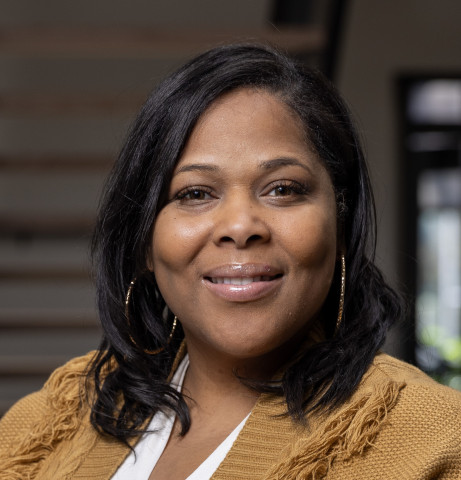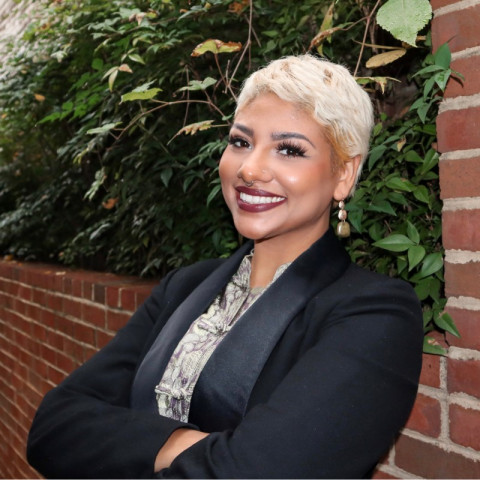The Community Fellows-in-Residence (CFR) Program is a short-term, professional development opportunity run by the University of Virginia (UVA) Equity Center designed for individuals who have a history of actively working to reduce racial and socioeconomic inequality in our community and have a special project that could benefit from access to UVA support and resources. Our Fellows are community leaders who will bring their expertise to UVA, and allow UVA to share its expertise with them, to advance the cause of equity. Each brings a demonstrated history of actively working to reduce racial and socioeconomic inequity in our community and each has a specific project that could benefit from access to a UVA mentor, library, and other resources to help grow. Fellows will speak about their work, share with students about their communities, and complete their individual projects to increase racial and socioeconomic equity. Each will have access to workspace at The Equity Center and work to connect with students, faculty, and staff. Fellows will be invited to audit a UVA course and will be assigned a faculty or staff mentor to assist in completing the accepted project.

